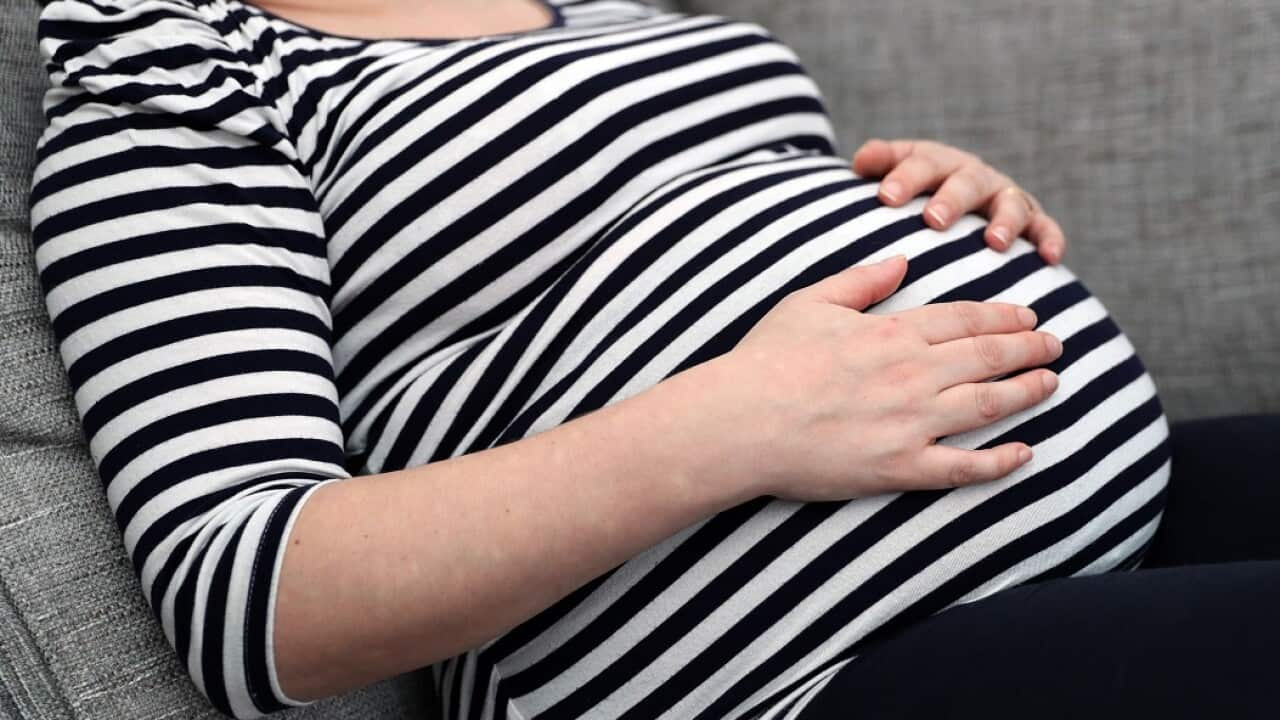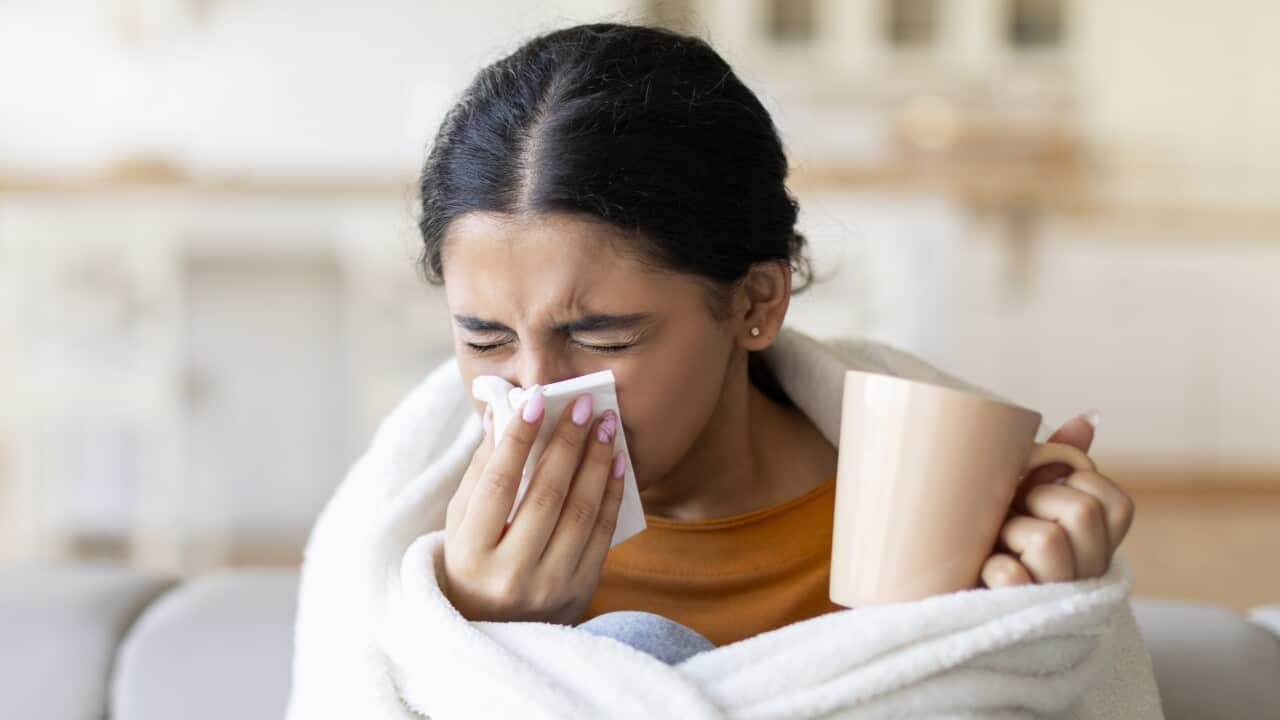A vaccine that helps protect babies from a common and highly contagious virus that is the leading cause of hospitalisation of infants in Australia is now available to pregnant women for free.
Thousands of infants are hospitalised with respiratory syncytial virus (RSV) every year in Australia, with infections spiking between March and August.
A study published in the Medical Journal of Australia in 2019 found that two in every 100 babies born in Australia will be hospitalised with RSV by six months of age.
But vaccination can make a big difference even before the baby is born.
Pregnant women can now get the maternal RSV vaccine, Abrysvo, for free under the National Immunisation Program (NIP), alongside ones for influenza and whooping cough.
Abrysvo is available for women between 28 and 36 weeks of gestation.
The federal government estimates the RSV vaccine would cost patients over $300 without a subsidy.
Catherine Hughes, the founding director of the Immunisation Foundation of Australia, said the announcement had been long-awaited.
"This is a huge milestone to help protect infants from RSV and will provide long-awaited support for many Australian families," she said.
"We believe an RSV program such as this is likely to keep 10,000 babies out of hospital every single year."
How serious is RSV?
RSV is the leading cause of hospitalisation among infants in Australia and can cause breathing difficulties, coughing and fever.
Professor Steve Robson from the Australian National University Medical School said younger babies are more vulnerable.
"Infants are at the highest risk of severe RSV disease and complications during the first six months of life," he said.
Some infants are also considered higher risk due to other factors according to the Immunisation Coalition, which advocates for immunisation.
Its website says these can include premature infants, those with heart or lung problems or those that are immunocompromised (have weakened immune systems).
How does the RSV vaccine work?
Federal Health Minister Mark Butler has explained how the vaccine works to reduce the risk and severity of RSV in infants.
"It's recommended that they [pregnant women] take it in their third trimester, and we want them to consider doing that at the same time they'll usually get the whooping cough vaccine," he said.
"Those antibodies then pass through the placenta to the foetus, and the babies are born with antibodies that protect them for the first precious few months of their life."
The United States Centers for Disease Control says RSV vaccines also reduce the likelihood of adults being hospitalised.
Its analysis of 2,978 people, 367 of whom had RSV, found vaccines were 75 per cent effective in preventing hospitalisation across all the ages studied, including those aged 75 and over.
Where can you get vaccinated?
Pregnant women can receive these vaccines for free during antenatal visits through their GP or in a specialised antenatal clinic in every state and territory.
RSV vaccines are not currently funded for other population groups under the NIP.




